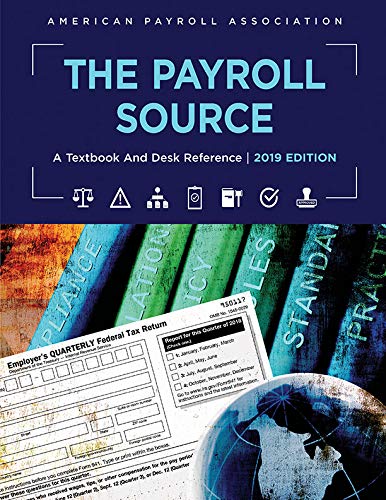The payroll process requires meticulous attention to detail. Even minor errors can lead to significant headaches and potential tax penalties down the road. In fact, the IRS collects billions of dollars annually due to payroll miscalculations. This article explores some common payroll mistakes and how outsourcing payroll services, specifically payroll adjustments, can help rectify them efficiently.
Common Payroll Miscalculations
- Incorrect Tax Withholdings: Before issuing paychecks, employers are required to withhold social security, Medicare payments, and federal, state, and local taxes.
-
- Federal Income Taxes: An employee’s W-4 form determines the amount withheld for federal taxes.
- Social Security and Medicare Taxes: Fixed rates apply to both Social Security and Medicare; however, Social Security has a wage base limit based on the maximum taxable wage for the year. To calculate the withholding amount, multiply each payment by the respective tax rate.
- State and Local Taxes: Only eight states in the US don’t levy state income taxes.
Improper tax calculations can lead to liabilities for both employers and employees. The employee may be responsible for paying back any under-withheld taxes, while the employer could face penalties for non-compliance. Having the correct work location registered ensures proper tax withholding.
- Overtime and Shift Differentials: Hourly employees who work more than 40 hours a week (with some exceptions) are generally entitled to overtime pay at a rate of at least 1.5 times their regular pay rate. There’s no federal limit on overtime pay itself. Calculating overtime can involve a formula considering base rate, regular rate of pay (ROP), and hours worked. Overtime pay can also include shift differentials, incentives, and other forms of payment outside an employee’s normal pay. It’s crucial to adhere to local overtime regulations, especially if there are location changes.
Shift differentials are extra wages paid to incentivize employees to work less desirable hours like nights or weekends. There’s no standard way to calculate shift differentials, and it’s at the employer’s discretion to determine the amount.
- Over or Under Payment: Accurately capturing all hours worked ensures employees are compensated fairly. Common miscalculations occur when employees work outside their regular schedules, such as during breaks, travel time, training, or other work-related events. Overpayment can also occur if an employee forgets to clock out and the mistake goes unnoticed.
- Paid Time Off (PTO): PTO allows employees to take time off with pay. While not mandatory under the Fair Labor Standards Act (FLSA), many employers offer PTO. Missed PTO requests from managers or employees forgetting to submit requests can lead to underpayment, which requires payroll adjustments.
How Payroll Outsourcing Helps with Adjustments
While payroll mistakes can happen, utilizing a cloud-based payroll service provider like Payroll Services Australia can significantly reduce the risk of miscalculations. Even with a skilled payroll professional, unforeseen issues might arise. Payroll adjustments allow for correcting mistakes made in previous pay runs. However, traditional payroll systems often require manual calculations to determine the final adjustment value, which can be time-consuming and prone to errors.
Payroll Services Australia offers a solution that streamlines this process. Their system calculates the final adjustment value automatically after you enter the correct value, eliminating the need for manual calculations.
How Payroll Services Australia Handles Payroll Adjustments
The Payroll Services Australia online payroll module uses Adjustment Pay Runs to rectify mistakes or make changes to previously processed pay runs. This tool provides a clear and efficient way to make complex adjustments. Here’s the key process:
- Identify the Pay Run Requiring Correction: Locate the specific pay run that needs to be adjusted in your historical records.
- Determine if an Adjustment Pay Run is Needed: The system will help you determine whether an Adjustment Pay Run is the appropriate solution.
- Enter the Correct Value: Simply enter the value that should have been used originally.
- Automatic Calculations: The system’s intelligent calculations will automatically determine the differences in earnings, benefits, deductions, arrears, and taxes between the original run and the adjustment run.
- Generating Results: Upon submission, the system generates the resulting net checks (positive or negative) and future arrearages for the affected employees.
Key Takeaway: When using Adjustment Pay Runs, always enter the value you “wish” you had entered initially. Payroll Services Australia then handles the complex calculations, significantly reducing the time and stress associated with manual adjustments.
The Benefits of Timely Payroll Adjustments
Payroll mistakes can be costly, potentially costing an organization nearly $300 to rectify. Utilizing a solution that minimizes the risk of errors and facilitates efficient adjustments is crucial.
By catching mistakes and making corrections promptly, you can avoid further complications and ensure your employees receive accurate compensation. Payroll Services Australia is dedicated to streamlining





